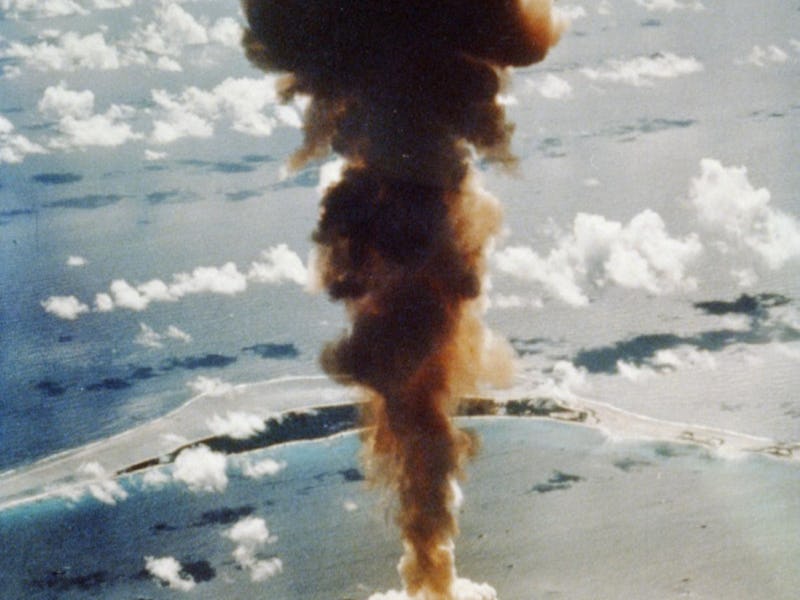Scientists Create Anti-Nuclear Radiation Pill
Injecting the new drug won't cure you, but it'll buy you time.

Nuclear tech shows up everywhere from weapon development to energy production, yet we aren’t exactly ready to mitigate the potentially lethal effects of a sudden Chernobyl- or Fukushima-grade nuclear incident.
That doesn’t mean we’re not trying. This week, new research published in the journal Laboratory Investigation describes a newfound drug that can protect against the deadly effects of radiation with a single injection. The team behind the study focused on one of radiation exposure’s most severe effects: gastrointestinal toxicity syndrome. When the gut is exposed to that much radiation, its lining starts to break down, decreasing its ability to absorb water and leading to a slow and ugly death by salt imbalances, bacterial infection, and intestinal leakage.
The researchers, led by the University of Texas Medical Branch at Galveston, discovered that a regenerative peptide drug known only as TP508 can protect against radiation-induced destruction of the gut lining if it’s injected up to 24 hours after radiation exposure. Irradiated mice that received the drug showed increased survival rates and delayed mortality, which was caused by the drug’s ability to counteract the damage to the GI system.
TP508 has been shown to stimulate blood flow, reduce inflammation, and prevent widespread cell death, leading to its development as a drug for repairing skin, bone, and muscle.
The drug won’t exactly cure people exposed to a sudden nuclear fallout, but it does the next best thing: It buys time. “The current results suggest that the peptide may be an effective emergency nuclear countermeasure that could be delivered within 24 hours after exposure to increase survival and delay mortality, giving victims time to reach facilities for advanced medical treatment,” said lead author Carla Kantara in a press release.